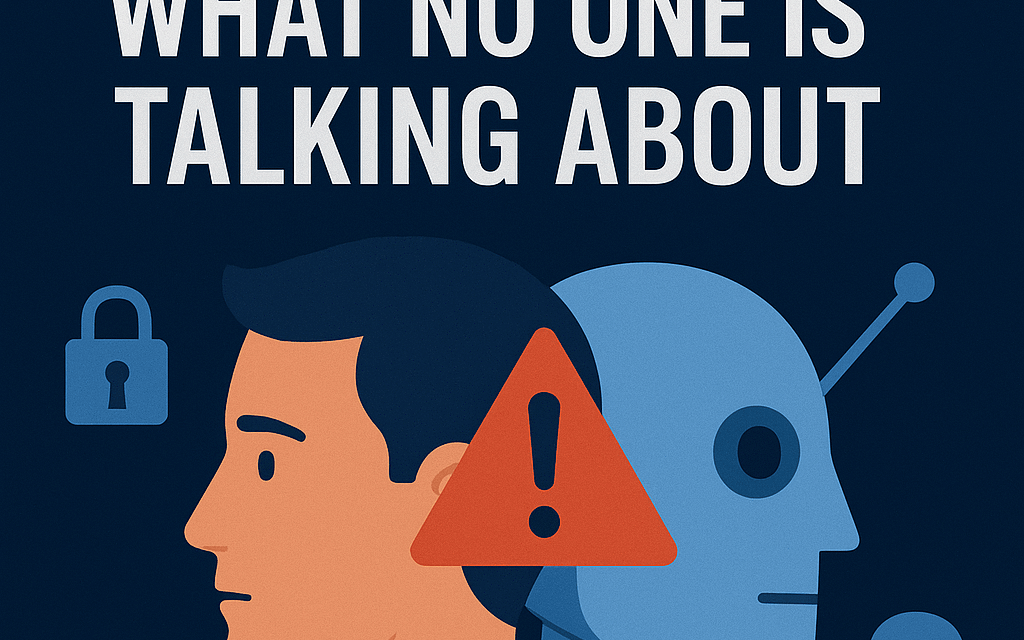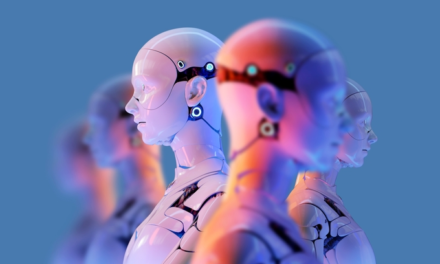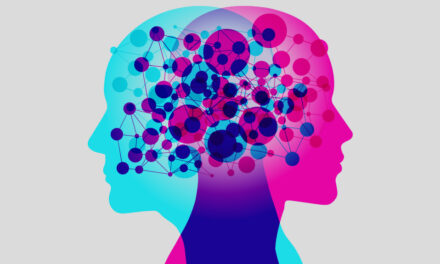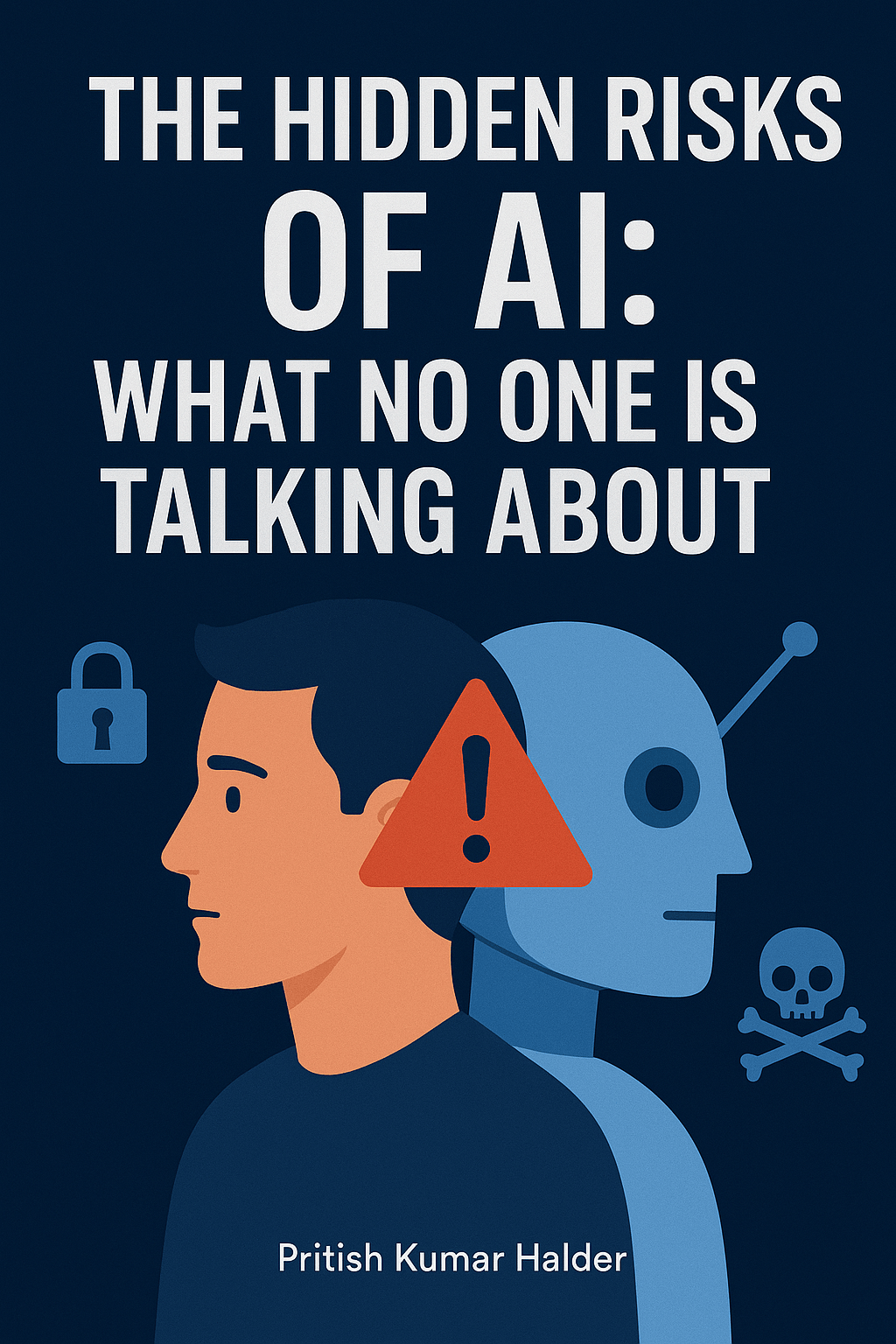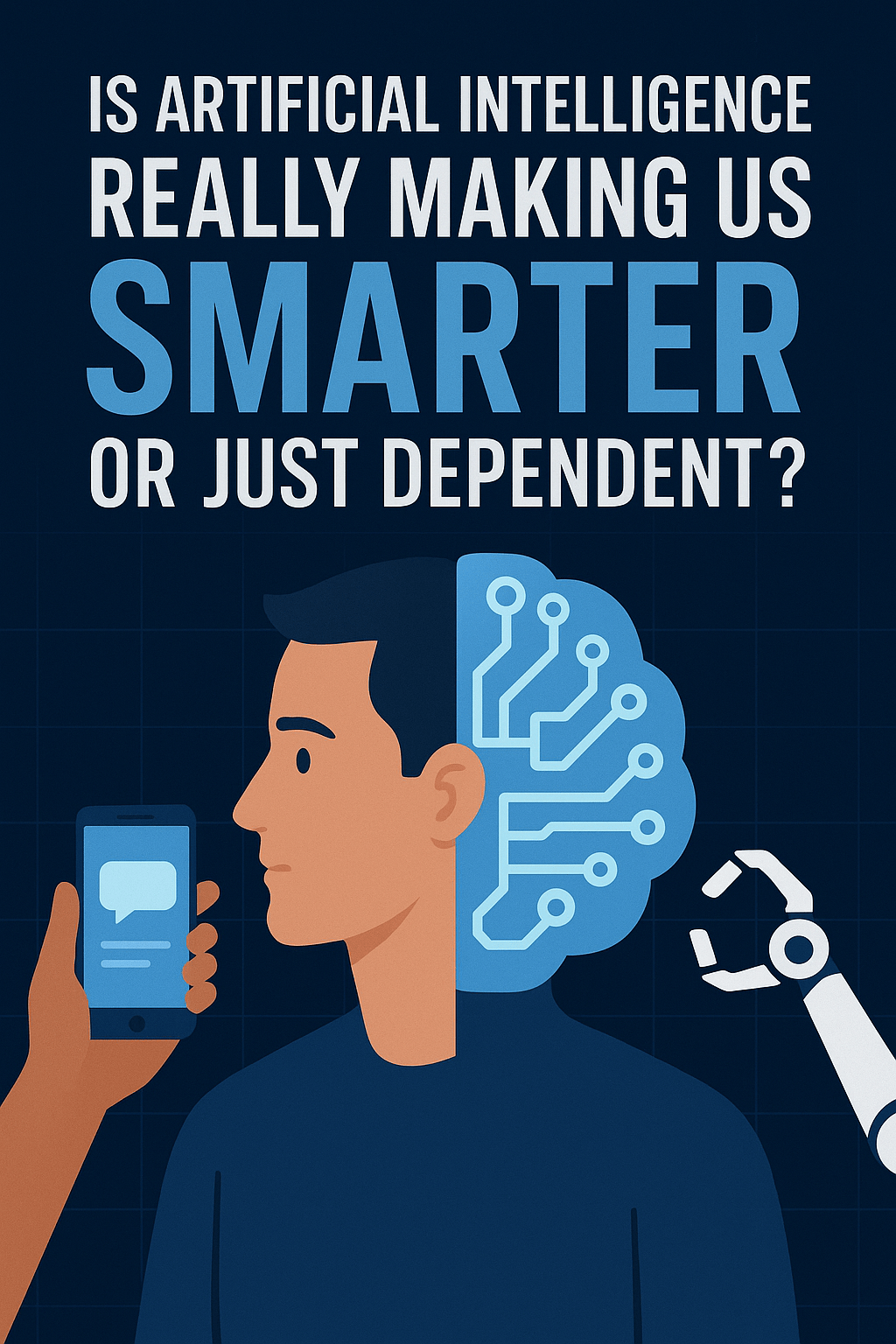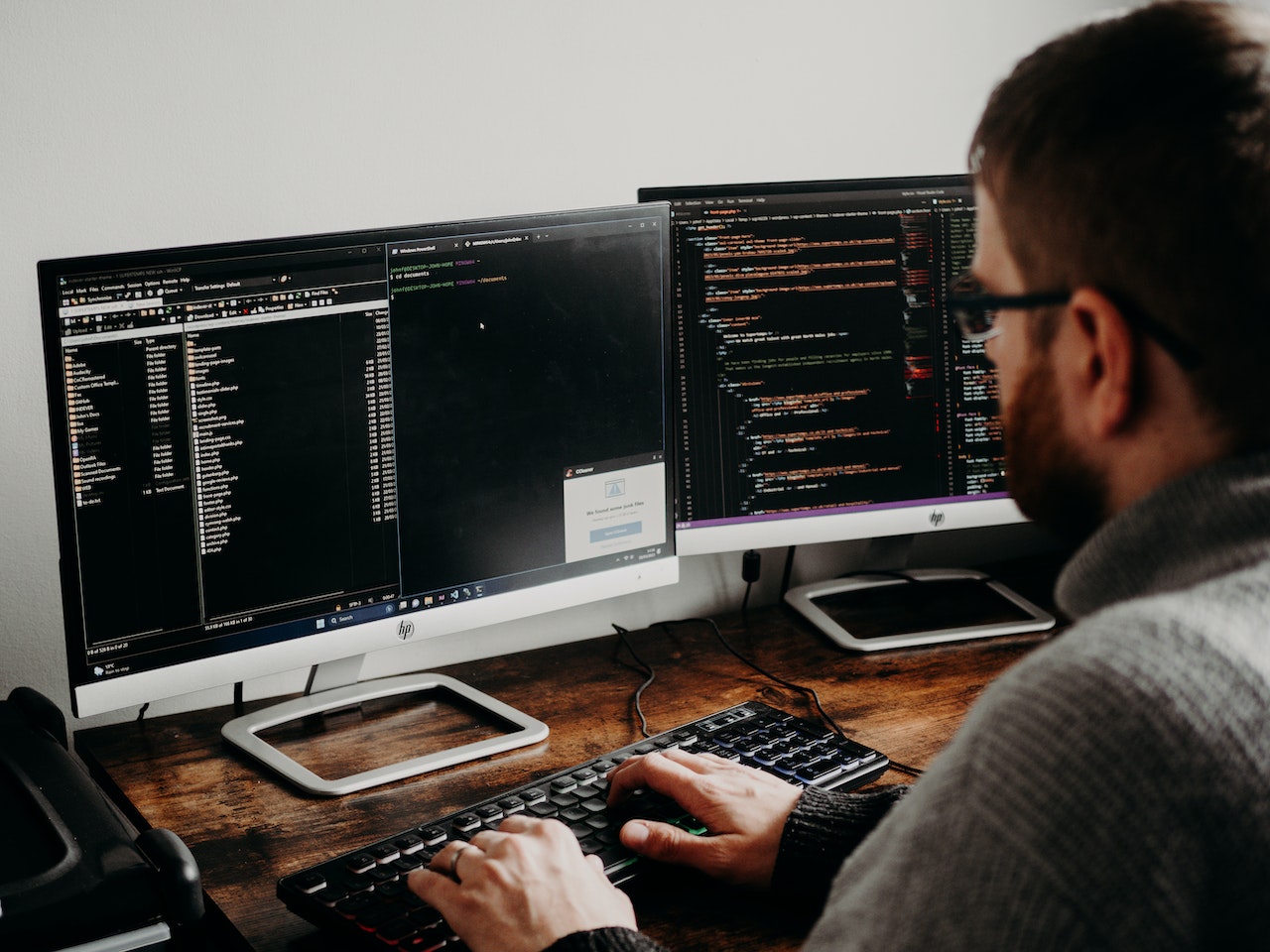Artificial Intelligence (AI) is everywhere today. From voice assistants in our phones to predictive systems used in hospitals and financial markets, AI is shaping our daily lives in ways many of us do not even realise. The excitement around AI often focuses on how it makes life easier, improves efficiency, and helps solve big challenges. But what about the risks that do not make headlines? What about the dangers hiding in plain sight that no one is really talking about?
This post takes a curious look at those hidden risks. The goal is not to scare anyone, but to encourage deeper thought about a technology that is already running so much of the world around us.
The Bias Problem: Machines That Inherit Human Flaws
One of the biggest risks with AI is bias. Many assume machines are neutral because they rely on data, but in reality, data reflects human choices. If past hiring decisions, for example, were biased against women or minorities, then an AI trained on those records will likely continue the same pattern. This is not only unfair but can damage trust in systems that are supposed to be objective.
AI bias also impacts healthcare. Imagine a predictive system trained mostly on data from one group of people. Its accuracy for another group could drop, leading to wrong diagnoses or delayed treatment. These are not minor issues; they can change lives.
Privacy at Risk: AI Knows More Than We Realise
AI can process vast amounts of data at lightning speed. That is its power, but also its risk. When AI gathers details from emails, online searches, or even smart devices at home, it builds a picture of a person’s habits, interests, and weaknesses. This knowledge can be misused. Companies may use it for aggressive marketing, while hackers might exploit it to trick people with more targeted scams.
The scariest part? Most of us never know just how much data has been collected or how it is being used. The risk here is not just data leaks; it is the silent erosion of personal privacy.
Automation and Job Security: The Human Cost
There is no doubt AI helps automate tasks, but at what cost? Many workers worry about losing their jobs to machines. This fear is valid. Industries like transportation, retail, and even law and journalism are already seeing tasks replaced by algorithms. While some argue that AI will create new types of jobs, the shift will not be easy. Many people may lack the skills required for these new roles, leading to gaps in employment.
This change is often discussed in numbers, but behind those numbers are real people with families, bills, and dreams. The risk is not just economic but also social, as growing unemployment or job instability can lead to frustration and inequality.
Security Threats: AI in the Wrong Hands
Another hidden risk comes when AI tools fall into the wrong hands. Think of deepfakes that make fake videos look real. They can spread misinformation at lightning speed, impacting politics, business, and personal reputations. AI can also be used for cyberattacks, with systems designed to crack passwords faster or create malware that adapts and evolves. These threats are harder to stop because AI makes them more sophisticated.
AI in weapons technology is also a rising concern. Automated drones or systems that can identify and strike targets without human control are already in development. The consequences of mistakes or misuse in this area could be devastating.
Over-Reliance on Machines
AI makes decisions faster than humans, but what happens if we depend too much on it? Over-reliance is risky. Imagine an AI making a wrong decision in healthcare or finance and no human double-checks it. The results could be disastrous. Human oversight is still critical, yet there is a growing temptation to let machines take control fully because they are quicker and often cheaper.
The danger is not that AI will think like humans, but that humans will stop thinking critically and just accept whatever AI says.
Ethical Questions No One Wants to Answer
There are questions about AI that do not have simple answers. For example, if an AI-driven car crashes, who is responsible? The programmer, the company, or the car owner? What about AI systems that recommend bail or sentencing in courts? If someone is wrongly judged, who takes the blame?
These are ethical risks. Without clear rules, people could be hurt, treated unfairly, or left without justice. Yet, many of these questions are being pushed aside in the race to build faster and smarter AI systems.
The Silent Mental Health Impact
One risk that often goes unnoticed is the mental health effect of AI. As people interact more with AI-driven apps, chatbots, and virtual worlds, the line between human connection and machine connection starts to blur. Some may feel isolated, while others may rely too much on virtual companionship instead of building real relationships. Over time, this can affect mental well-being in ways that are subtle but very real.
Why Talking About Risks Matters
AI is not going away. It will continue to grow, becoming even more integrated into our daily routines. That is why talking about the risks matters now. Ignoring them will not make them disappear. The good news is that raising awareness can push governments, companies, and individuals to demand better rules, safer designs, and more ethical practices.
The hidden risks of AI are not meant to overshadow its benefits. Instead, they are reminders that every tool has two sides. The same AI that can save lives in hospitals can also spread fake news in seconds. The balance depends on how we choose to build, use, and regulate it.
Pritish Kumar Halder
Pritish Kumar Halder has extensive experience working in the technology industry and has spent years studying the rise of artificial intelligence and its social impact. His insights reflect a deep understanding of both the opportunities and the risks AI brings to society.

